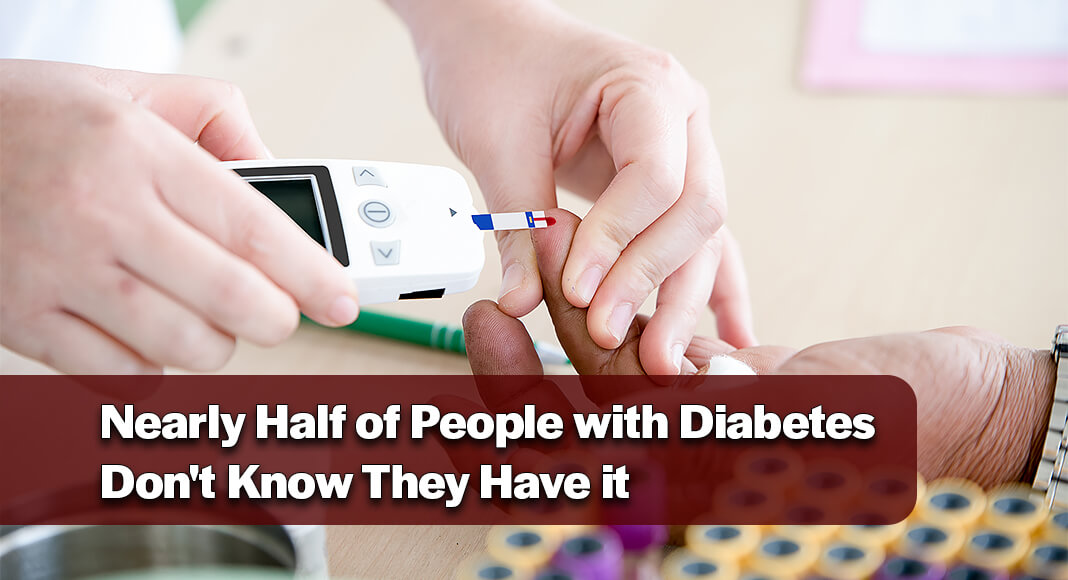
Mega Doctor News
CLEVELAND CLINIC – A recent study found that nearly half of those with diabetes both here in the United States and globally do not know they have it — but why is that?
“By the time people are diagnosed with diabetes, they have progressed to the point where they’ve already started feeling thirsty or peeing all the time. And so, because it’s not one of those conditions that cause pain until you have progressed so far, I think this is a very common thing that we have noticed as practitioners,” said Peminda Cabandugama, MD, endocrinologist at Cleveland Clinic.
Dr. Cabandugama was not a part of the study but said another reason people may be going undiagnosed is because they’re not going in for their annual wellness visits.
He explained that during those visits, a physician would typically order a blood test to check your blood sugar levels.
And without testing, a diagnosis cannot be made.
He said the same issues arise with prediabetes.
Prediabetes is when your blood sugar levels are considered high, but not high enough to be diagnosed with diabetes.
So, what are the dangers of going undiagnosed?
“The problem with diabetes is it’s a chronic disease. It has a lot of long-term effects. You can lose your vision, your kidneys can fail, you can have a heart attack. So that’s the reason why you want to get diagnosed early and treated early,” he advised.
He said there are many treatment options available for diabetes, and in some cases, it can even be reversed.










